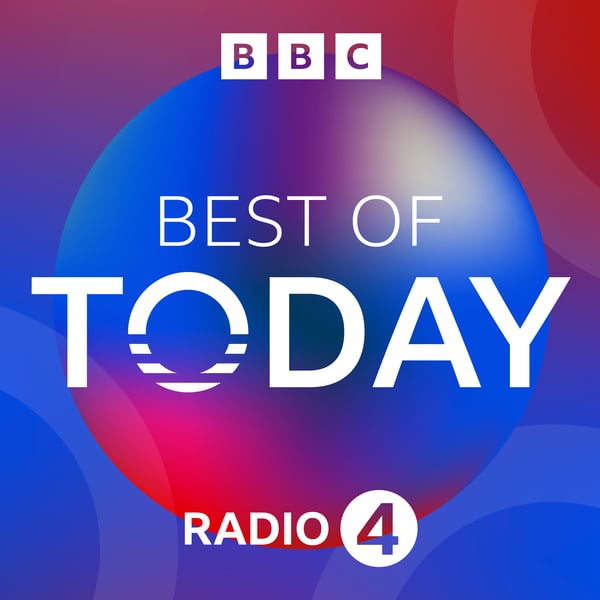Do we really understand drill?
Beyond Today
BBC
4.6 • 1.1K Ratings
🗓️ 17 March 2020
⏱️ 24 minutes
🧾️ Download transcript
Summary
Transcript
Click on a timestamp to play from that location
| 0:00.0 | BBC Sounds, music radio podcasts. |
| 0:05.0 | Just before we get started, this is going to be our last episode for a while. |
| 0:11.0 | I'll explain more at the end, but we thought that since you've probably got about |
| 0:16.1 | as much coronavirus information as you can handle we'll give you something a little bit different today. But please, if you're not into this subject, do us a favour. Can you hit forward, get |
| 0:26.7 | to the end and just have a listen to the payoff? Thanks. |
| 0:30.0 | Hello, I'm Matthew Price. This is Beyond Today from BBC Radio 4, where we ask one big question about |
| 0:39.3 | one big story. Today, do we really understand drill? Because there are two different ways of thinking about drill music. |
| 0:59.0 | The artist, they're going to speak about their reality. |
| 1:02.0 | That's their reality, you like, what can you do? That about the reality. That's the reality is like what can we do? That's the reality. |
| 1:04.8 | Actually I grew up on a council estate because that was a reality. We didn't grow up over here. |
| 1:10.0 | Like if I grew up over here then we would talk about nice buildings and the green grass. |
| 1:17.6 | With violent lyrics, references to crime and images of gang culture, drill music and its videos have been criticized for glamorizing |
| 1:25.3 | knife and gun crime. |
| 1:28.0 | I guess that's the main perception. |
| 1:29.9 | Drills this genre that incites violence. It's something the Met Police believes is linked |
| 1:35.2 | to the rise of stabbings and murders, especially among young black men. |
| 1:40.3 | For us, if it's against the law, it's against the law and it ought to be taken down. |
| 1:45.0 | The head of the Met police, Cressida Dick, says that social media needs to stop a lot of drill content being uploaded. |
| 1:51.0 | And if it is inciting in some way or glamorizing violence, then we think they have a |
| 1:55.6 | social responsibility to work with us to take those videos down. |
| 2:01.4 | But drill can also lift you out of poverty. It can make you rich. It can make you known, appreciated and loved. |
| 2:09.0 | One of the people we're going to talk to today has spent two years inside the drill community in the city where it started, |
... |
Transcript will be available on the free plan in -1840 days. Upgrade to see the full transcript now.
Disclaimer: The podcast and artwork embedded on this page are from BBC, and are the property of its owner and not affiliated with or endorsed by Tapesearch.
Generated transcripts are the property of BBC and are distributed freely under the Fair Use doctrine. Transcripts generated by Tapesearch are not guaranteed to be accurate.
Copyright © Tapesearch 2025.

